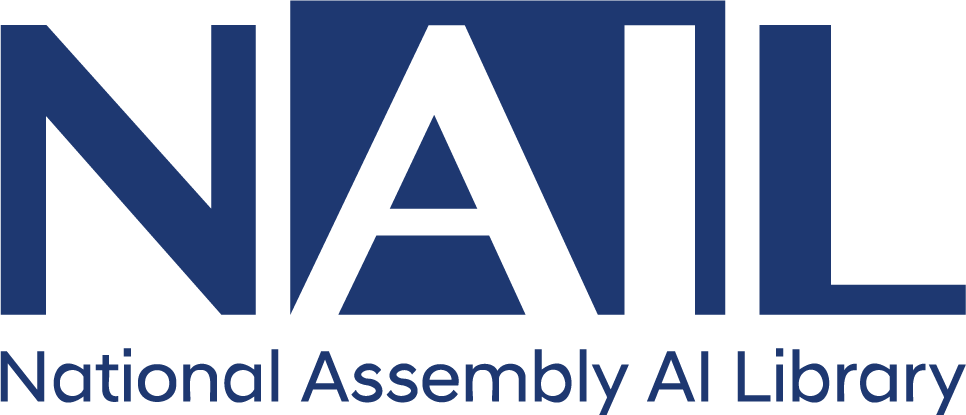목차
Title page
Contents
Foreword 3
1. Introduction 5
1.1. The OECD Global Blockchain Policy Forum 7
1.2. Blockchain technology: A policymaker's overview 7
1.3. The need for a strong international lens 11
2. Fostering co-operation and closer economic ties 13
2.1. Scaling up for international trade 14
2.2. Digital identity and other digital credentials 16
2.3. Corporate governance and capital formation in a decentralised future 20
3. Upholding global rules and norms 24
3.1. Environmental, Social and Governance issues in blockchain networks 25
3.2. Combatting financial crime in virtual assets 28
4. Supporting an international policy environment for blockchain innovation 30
4.1. Governing decentralised technologies 31
4.2. Towards an international regulatory environment 34
5. Conclusions and recommendations 37
References 40
Table 1. Examples of blockchain innovation 9
Figure 1. Model of decentralised Self Sovereign Identity 17
Boxes
Box 1. How blockchain technology works 8
Box 2. National and regional initiatives for decentralised identity 17
Box 3. European Commission-Canada Partnership on Digital Credentials 19
Box 4. What are smart contracts? 21
Box 5. MakerDAO: Lending services on an automated, decentralised business platform 22
Box 6. Consensus mechanisms and energy consumption 26
Box 7. The OECD Guidelines for Multinational Enterprises 27
Box 8/Box 9. Private sector insights on AML compliance 29
Box 9/Box 10. National strategies for emerging technologies 33
Box 10/Box 11. The Agile Nations Charter 34
해시태그
관련자료
AI 100자 요약·번역서비스
인공지능이 자동으로 요약·번역한 내용입니다.
Blockchain at the frontier : impacts and issues in cross-border co-operation and global governance
(최전선의 블록체인: 국경 간 협력과 글로벌 거버넌스에 미치는 영향과 이슈)



